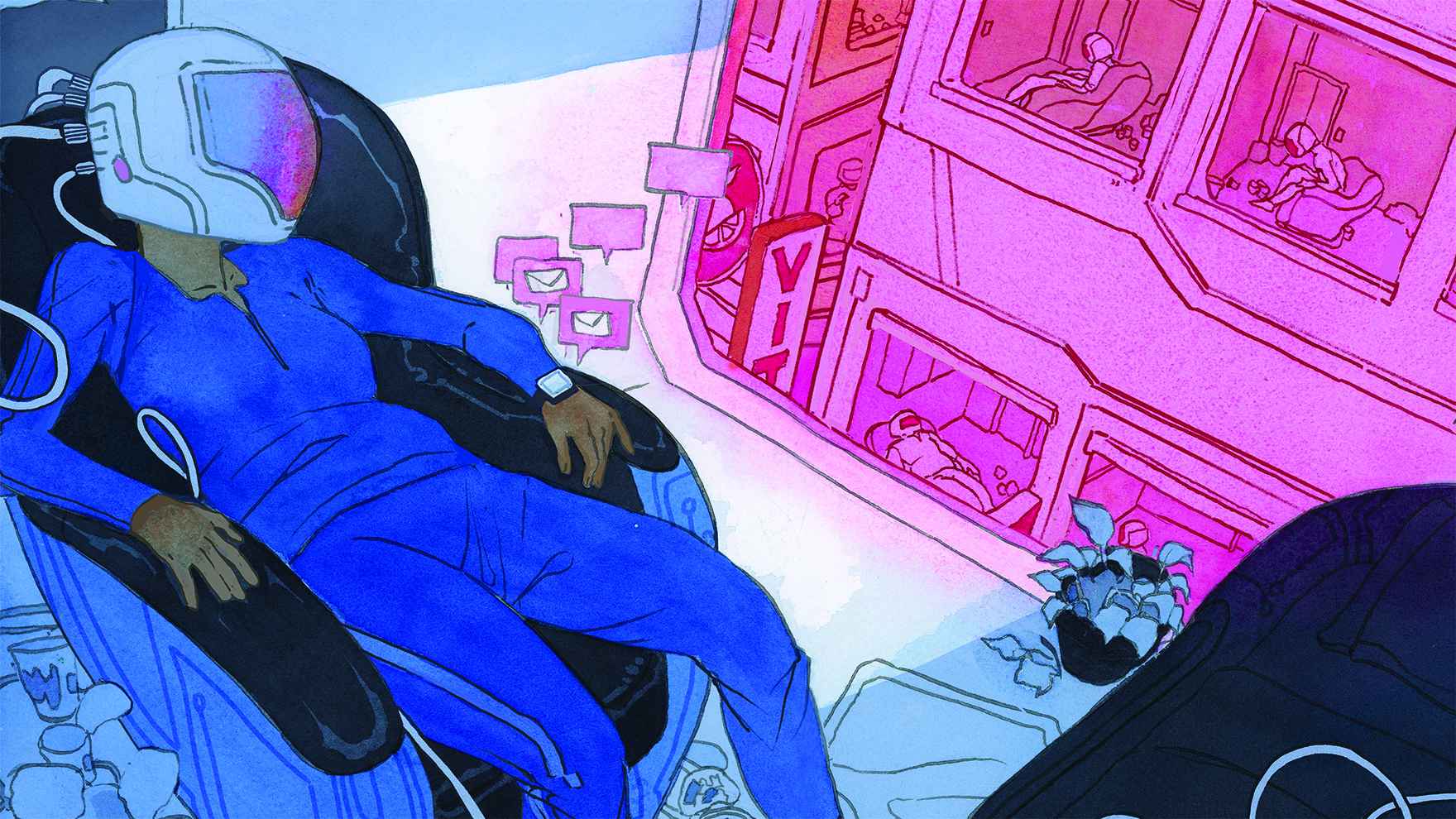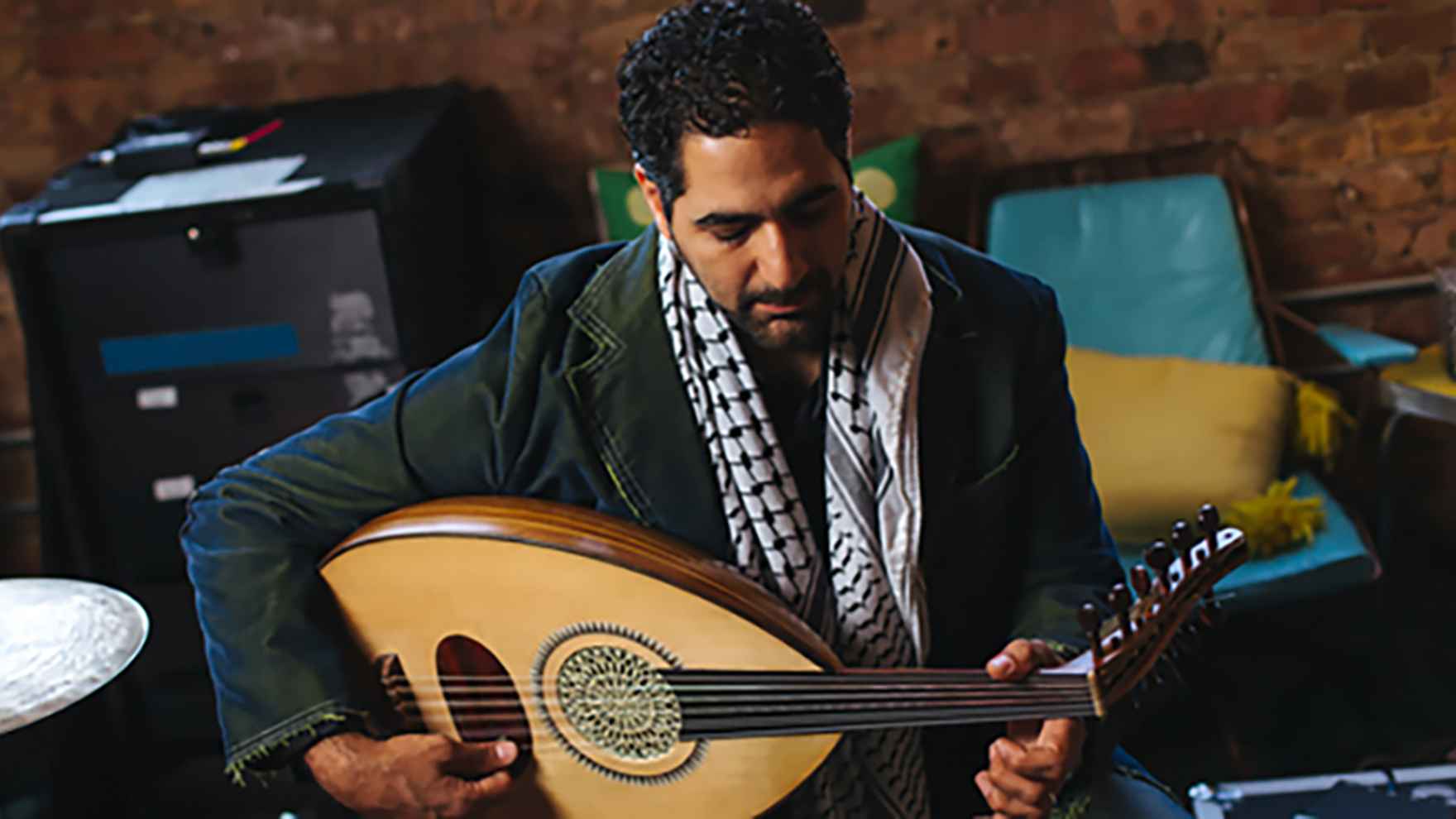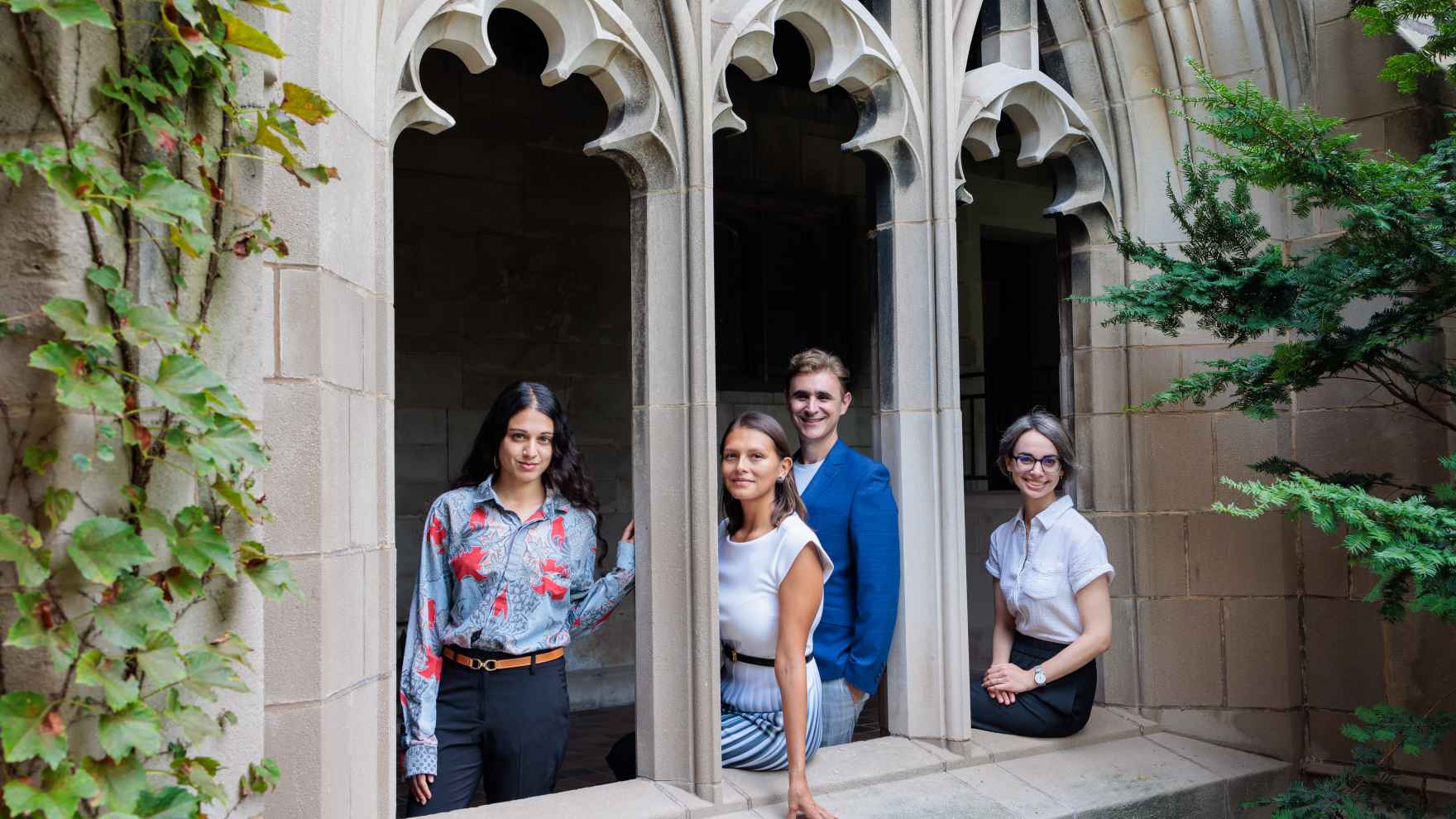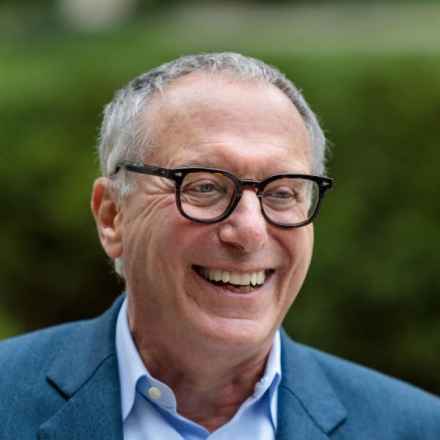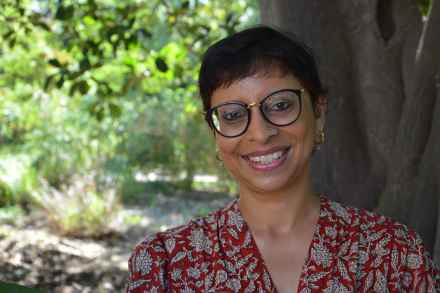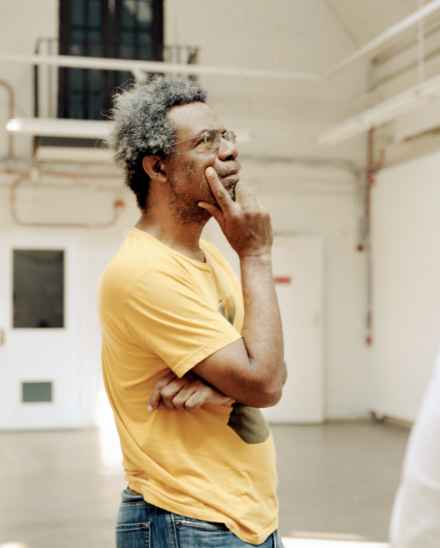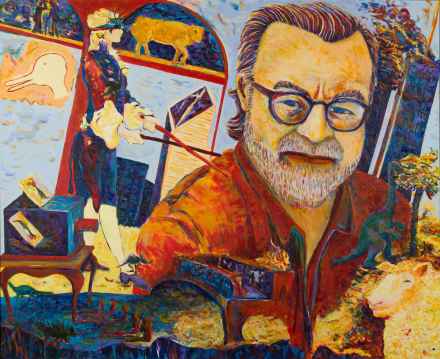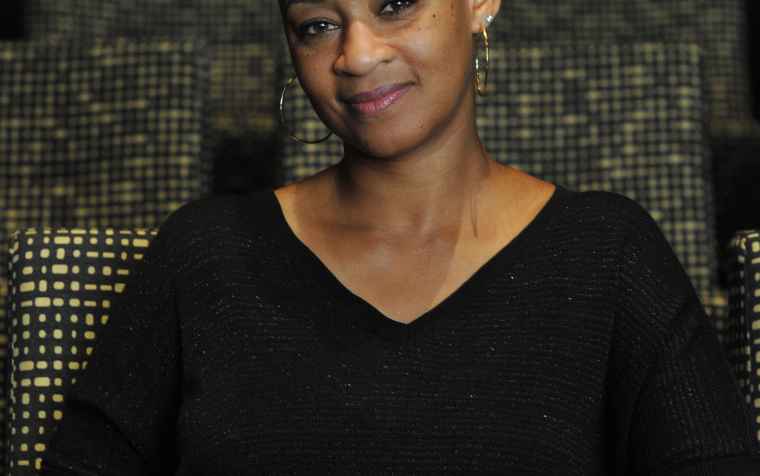Prof. Jonathan Lear To Examine Gratitude in 2024 Ryerson Lecture
Prof. Jonathan Lear, a preeminent scholar of philosophy and ethics, will deliver the 2024 Nora and Edward Ryerson Lecture on April 2 at 5 p.m. in the Rubenstein Forum’s Friedman Hall.
Since 1972, University of Chicago faculty have nominated one of their peers who has made “research contributions of lasting significance” to deliver the Ryerson Lecture to the members of the UChicago community. The event is free and open to the public and will be webcast on UChicago’s digital channels.
“It is an honor to be invited to give the Ryerson Lecture,” said Lear, the John U. Nef Distinguished Service Professor in the Committee on Social Thought, the Department of Philosophy and the College. “I am delighted and very much look forward to trying out some ideas with my colleagues.”
Humanities Scholar Receives Prestigious Award for Analyzing India's Art Cinema
Originally starting her career as a South Asian historian of gender, Prof. Rochona Majumdar has expanded her research to encompass Indian cinema. She recently received the 2023 Chidananda Dasgupta Award for Best Writing on Cinema for her book, "Art Cinema and India’s Forgotten Futures: Film and History in the Postcolony" (2021).
In the Award’s citation from the Chidananda Dasgupta Memorial Trust, Majumdar’s book is recognized for not only its discussion of film practice and film societies in Bengal, but for its intriguing questions about how art cinema offered new insights into postcolonial Indian culture, history, and politics.
“With her detailed background in South Asian 20th-century culture, Rochona Majumdar has a particular insight into the role cinema has had, not only in social change, but in creating social networks,” said Tom Gunning, professor emeritus in the Departments of Cinema and Media Studies, Art History, and the College at UChicago.
William Pope.L, Renowned Interdisciplinary Artist and Scholar, 1955–2023
William Pope.L, an acclaimed interdisciplinary artist and professor in the Department of Visual Arts at UChicago, died on Dec. 23 at his home in Chicago. He was 68.
In the international art world, Pope.L was best known for his provocative performance art, which included crawling through the streets of New York City and Lewiston, Maine in a business suit or Superman costume and eating columns of financial news from the Wall Street Journal while smearing mayonnaise all over his torso to achieve an artificial whiteness. In addition to performance, his art also encompassed writing, photography, painting, sculpture and theater.
“Pope.L was a dedicated student of the human condition, a marvelous interlocutor and a kind soul,” said Matthew Jesse Jackson, professor in the Departments of Art History, Theater and Performance Studies, Visual Arts, and the College and chair of Visual Arts at UChicago. “He ceaselessly challenged us to think. His art is humane, generous, combative and among the most important bodies of work in the 21st century.”
Modern Language Association and College Art Association to Honor W. J. T. Mitchell with Lifetime Achievement Awards for English and Writing on Art
Freida High's painting "Hypericons: Homage to W. J. T. Mitchell," 2007. © Freida High. Photo by Jim Escalante.
By Sara Patterson
Prof. W. J. T. Mitchell may be the only living iconologist on the planet. He draws on ideas from ancient and modern mythology that treat pictures as living things. As a historian of cultural images, Mitchell studies the relationship between words and images, cultivating visual and verbal literacy.
For his immense scholarly work in iconology and his 42 years as the editor of UChicago’s well-known humanities journal, Critical Inquiry, Mitchell will receive the Modern Language Association’s Award for Lifetime Scholarly Achievement on Jan. 5, 2024, in Philadelphia. He will be given the 2024 CAA Distinguished Lifetime Achievement Award for Writing on Art on Feb. 14, 2024, in Chicago. It is also a fitting finish to his teaching career at UChicago, which officially ends in January 2024. He has promised, however, to hang around Hyde Park, showing up for lectures, teaching an occasional course, and skating on the Midway.
